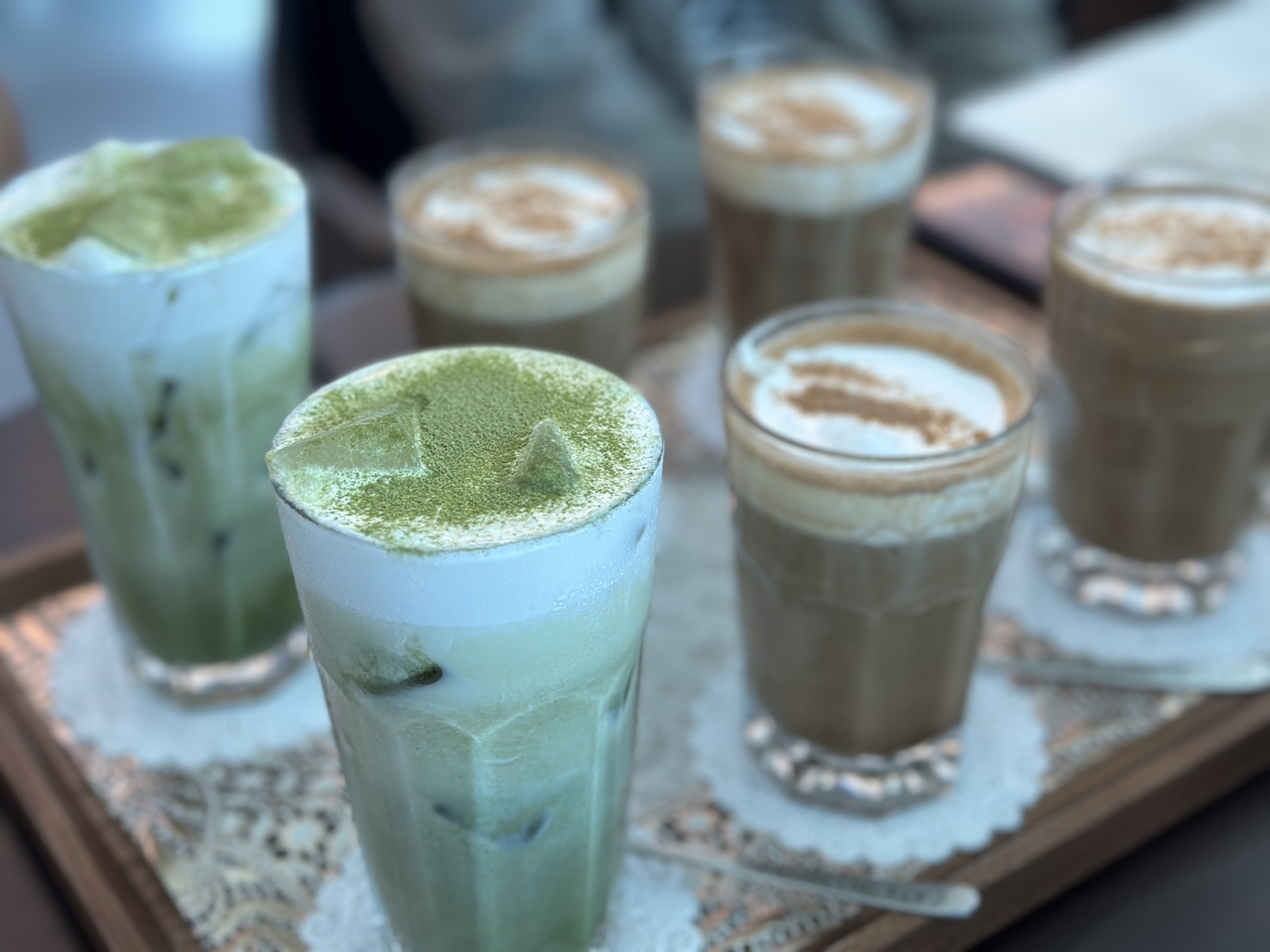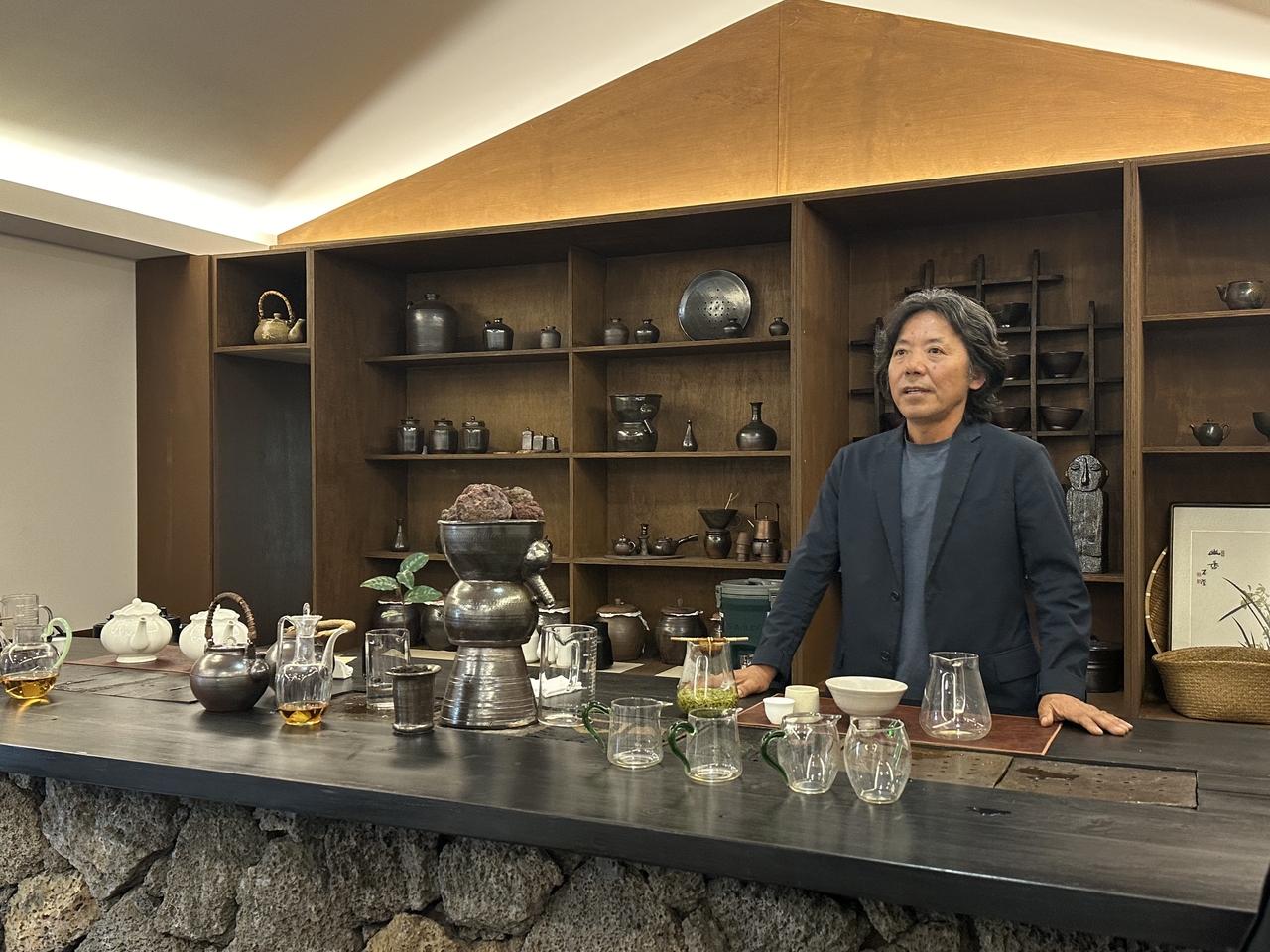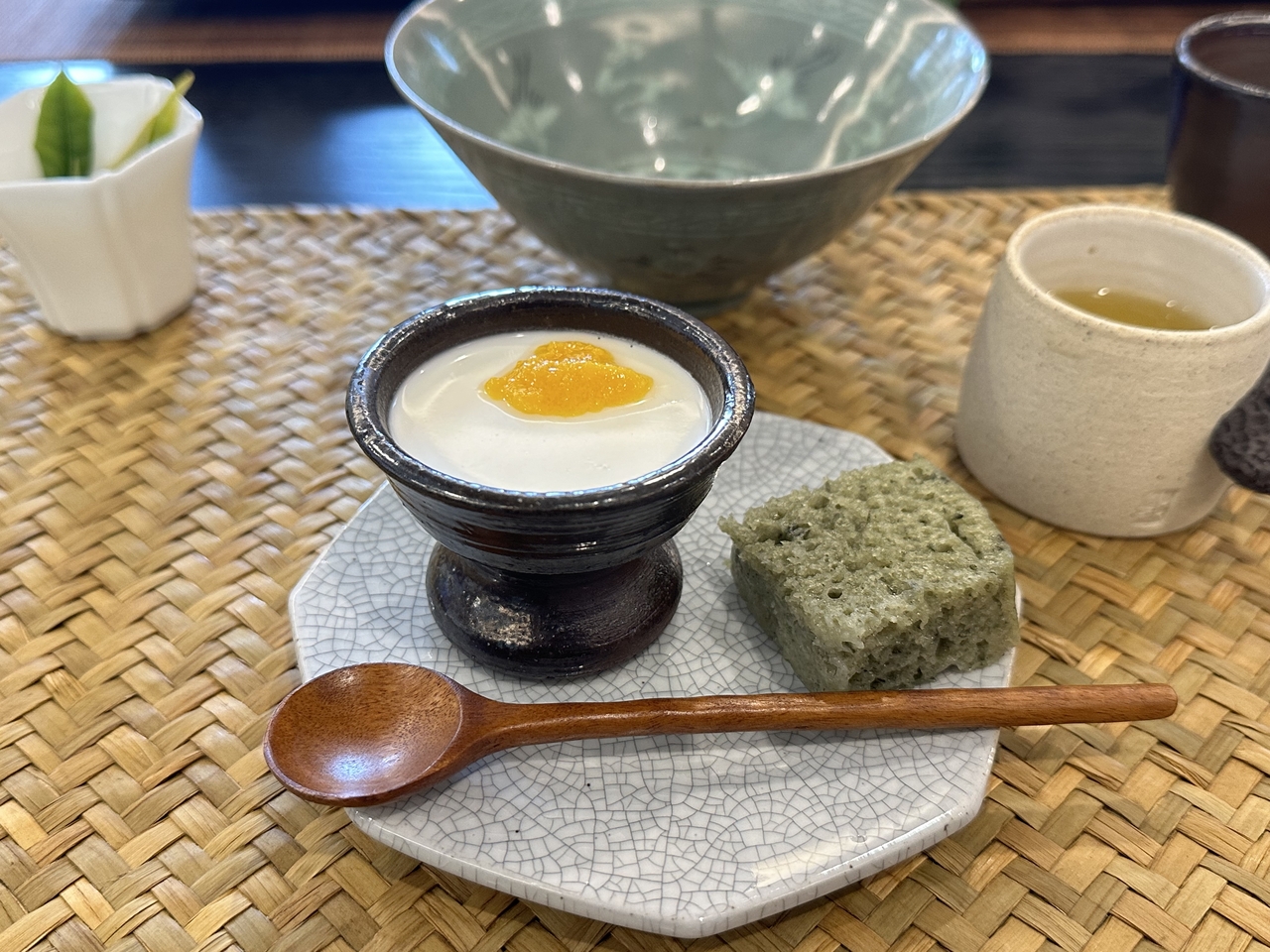May 27, 2025
SEOGWIPO – “I’m earning credits, gaining real-world experience and spending my semester by the ocean. What’s not to love?” said Kim Seung-ju, a 20-year-old university student taking pictures in Seogwipo on the southern coast of Jeju Island. “This is nothing like school back in Seoul.”
What began as a global shift toward workcations — blending work with leisure in picturesque settings — is evolving in South Korea into something more academic: the learncation, a fusion of learning and vacation. On Jeju Island, a place long romanticized as a holiday haven, education is now part of the itinerary.
Launched as a full-scale initiative in 2024, Jeju’s Learncation program is redefining what it means to study, especially for university students, researchers and lifelong learners.
At the heart of the program is a simple but powerful idea: education doesn’t have to be confined to traditional classrooms. Through partnerships with universities and local institutions, students can now participate in credit-bearing projects that are deeply rooted in community engagement and place-based learning.
On the southwestern tip of Jeju Island, the quiet town of Daejeong-eup is becoming a testing ground for a bold experiment: Can students save a village?
Kyung Hee University’s Social Innovation School project, a collaboration with the Jeju provincial government, has been quietly diving into this question over the past few years. Launched under the national Regional Innovation System & Education initiative, the program offers 15 college credits and requires students to live and work in the area while tackling local challenges through hands-on projects.
In Daejeong-eup, the stakes are real. Once a vibrant hub of agriculture and local commerce, the town is now marked by a rapidly declining population and a vanishing youth presence. As young people continue to leave for cities and rural businesses struggle to stay afloat, the program aims to revitalize the region by embedding young energy at the heart of its challenges.
“Daejeong is on the edge,” said Woo Dae-sik, professor at Kyung Hee’s Humanitas College, during a conversation with reporters at a cafe built in line with the program. “But we believe education can be a lever for community survival. Our students are here not just to observe, but to intervene creatively, sensitively and collaboratively.”

Drinks designed by students in the Social Innovation School program using green barley, a Jeju regional product. PHOTO: THE KOREA HERALD
Past outcomes include everything from regional promotional videos and community art installations to locally branded products and even village theme songs.
One team worked on branding a local tangerine farm, designing practical scarves for farmers and helping reimagine local products. Another group explored how food and beverage businesses could better connect with young travelers by designing and selling original menu items at a local cafe.
“We’re not just here to learn,” said 24-year-old Kang Ah-hyun, carefully folding a hand-printed scarf she designed for the local farmers of Daejeong-eup. “We’re here to help a place that’s fading and maybe bring some of it back to life.”
Locals, too, are embracing the experiment. Daejeong boasts 13 nationally registered cultural properties and Yang Chi-woo, a village cooperative leader, said student projects have helped residents view the historical assets with fresh eyes. “What the students saw, we hadn’t even noticed. Their creativity is something we deeply appreciate,” he said.

Renowned Jeju tea master Kim Maeng-chan, explains the history of tea and how to drink it properly, and shares the stories behind each variety at a cafe on Jeju Island. PHOTO: THE KOREA HERALD
Jeju’s Learncations aren’t just for university students. Last winter, the Jeju Institute for Lifelong Education and Scholarship piloted a series of adult education programs under the theme “Jeju, Reimagined.”
Over 60 adults from across the country participated in short-term academic retreats that blended online learning with in-person experiences in nature, history and culture. This included a literary tour through the history of the Jeju April 3 Uprising, inspired by author Han Kang’s “I Do Not Bid Farewell,” and guided geologic walks through Jeju’s volcanic landscapes.
“Most people have already been to Jeju two or three times,” said Koh Mi-young, director of the institute. “Now, we want to offer something more meaningful — an opportunity to dive deeper into the island’s identity through carefully curated themes that last two or three days.”

A tea experience that will be part of Jeju’s Learncation programs. PHOTO: THE KOREA HERALD
This year, Jeju Island plans to expand the program to 2,000 participants. New themes include “Falling Deep for Jeju’s Haenyeo,” which brings learners face-to-face with the island’s famed woman divers, while discussions with public institutions and overseas universities are underway to tailor more specialized programs.
Tea, too, is taking on a new role. As part of efforts to elevate local resources into premium cultural assets, Jeju-grown green tea is being rebranded as both distinctive and refined.


